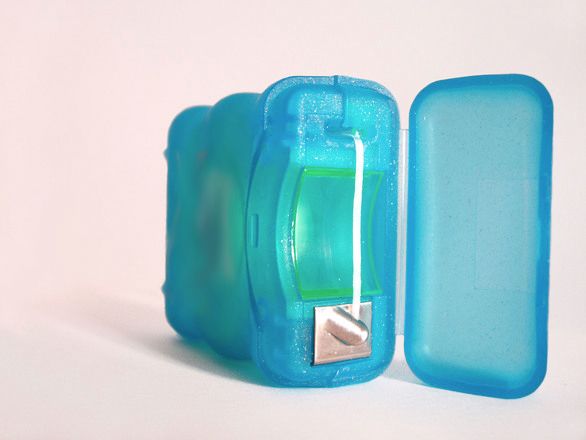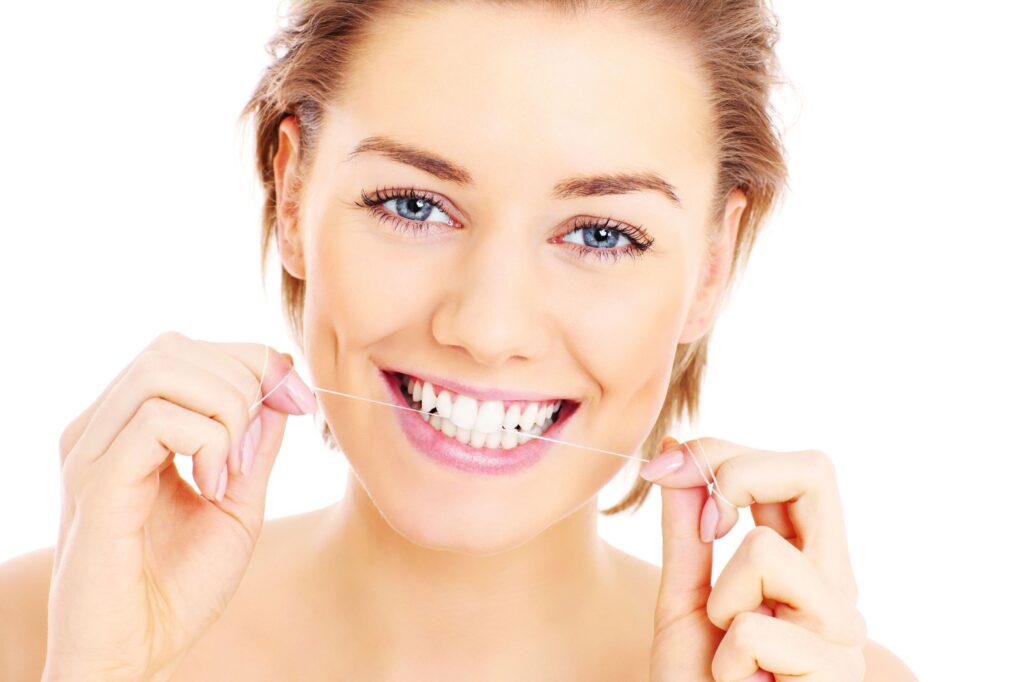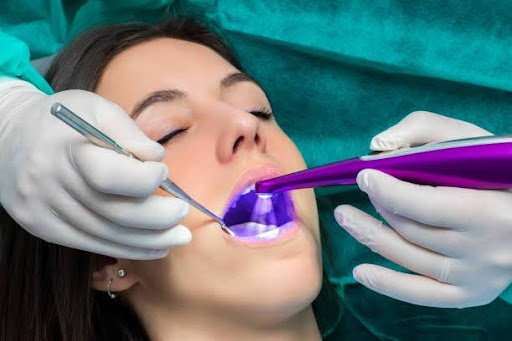
Like with every form of cancer, early diagnosis can have a profound impact on the success of your treatment. Regular screenings are your first line of defense against oral cancer and our dentist is thoroughly trained in screening for oral cancer.
During your screening, we will check your lips, tongue, gums, mouth, and throat for any abnormalities that could be or become cancerous. We will give careful consideration to any symptoms you may be experiencing. If you have experienced any oral cancer symptoms for more than two weeks without improvement, schedule an appointment and tell your dentist immediately. Symptoms that could indicate oral cancer include:
●Ear pain
●Mouth sores that don’t heal
●White or red patches in your mouth
●Dramatic weight loss
●Lumps or swelling in or around your mouth
●Sore throat without other sinus symptoms
●Sensation of something caught in the back of your throat
●Pain or difficulty in swallowing, speaking, or moving your jaw or tongue
One adult American dies of oral cancer every hour. Though anyone can develop oral cancer, some factors can increase your risks. Some of the most common risk factors include: genetic predisposition, prolonged sun exposure, unhealthy diet, smoking, chewing tobacco, and excessive consumption of alcoholic beverages. Oral cancer is more common in men than women.
Whatever the cause, the success of treatment depends on the size, type, and stage of the cancer. Early detection can play a critical role in your successful recovery. When found in early stages,oral cancers have an 80–90% survival rate. Oral cancers that are found in early or precancerous stages can often be removed and require less invasive procedures to treat. Later stages of cancer are likely to be larger and more complex and often have spread far beyond your mouth.
If you would like more information about oral cancer and oral cancer screening, contact our office for a consultation or to schedule a comprehensive dental exam.





















